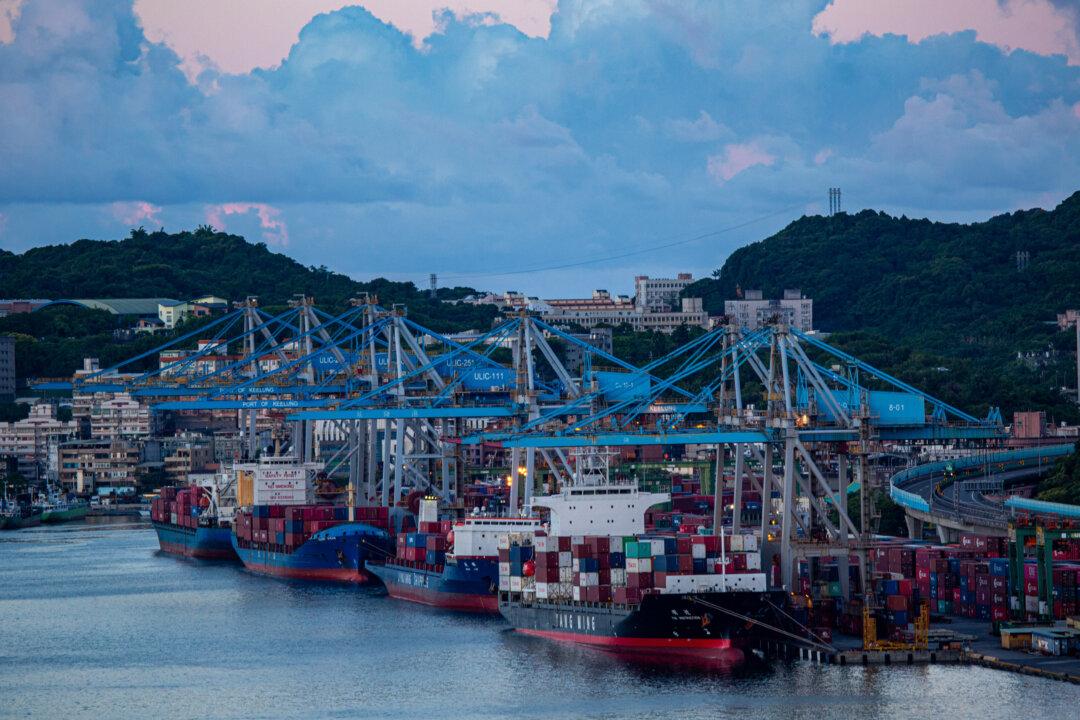Taiwan’s exports to China are steadily decreasing as Taiwanese capital and businesses gradually move away from China. In contrast, Taiwan’s exports to the United States have risen significantly, according to statistics from Taiwan’s government.
On May 8, Taiwan’s Ministry of Finance (MOF) announced preliminary customs export statistics for April. For the first time, monthly exports to the United States surpassed the $10 billion mark, reaching $10.16 billion, an increase of 81.6 percent year-on-year. Taiwan’s trade surplus with the United States amounted to $6.38 billion, setting new records in all three categories for a single month.






